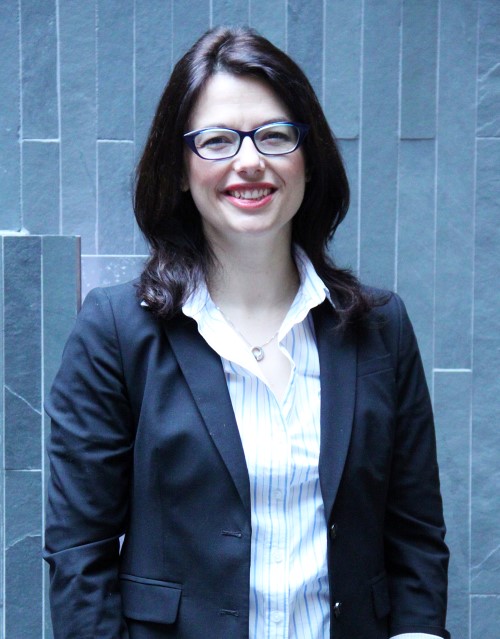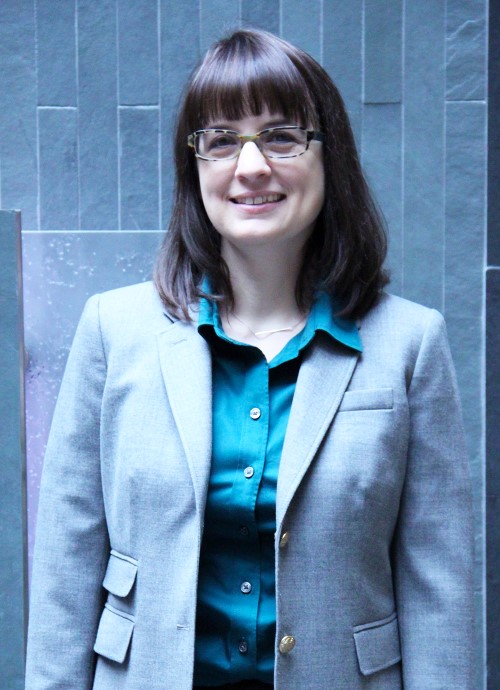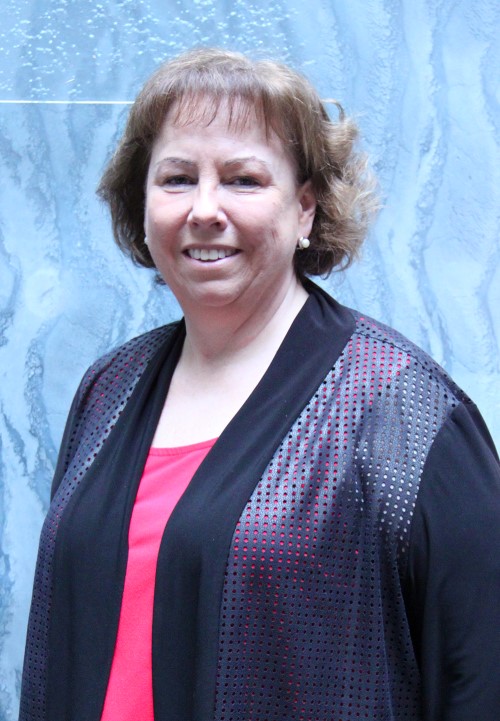Dr. Dawn Bowdish
Principal Investigator
 Dr. Dawn Bowdish is a Canada Research Chair in Aging & Immunity (Tier 2), Associate Professor, Department of Pathology and Molecular Medicine at McMaster University and member at the Michael G. DeGroote Institute for Infectious Disease Research.
Dr. Dawn Bowdish is a Canada Research Chair in Aging & Immunity (Tier 2), Associate Professor, Department of Pathology and Molecular Medicine at McMaster University and member at the Michael G. DeGroote Institute for Infectious Disease Research.
Dr. Bowdish has published over 80 manuscripts, review articles and book chapters. She has won a number of early career awards including the Pfizer-ASPIRE award and the G. Jeannette Thorbecke Award from the Society of Leukocyte Biology.
Dr. Bowdish has received funding from the CIHR, NSERC, ORF, NIH, the Labarge Optimal Aging Initiative and the Lung Association to understand why the elderly are susceptible to pneumonia and to develop novel preventative therapies. She sits on the Board of Directors of the Ontario Lung Association and advocates to increase research funding for lung health research.
Dr. Bowdish received her BSc in Microbiology at the University of Guelph in 1999 and her PhD in Microbiology and Immunology at the University of British Columbia in 2005. During her PhD studies, under the supervision of Dr. Bob Hancock, she studied the role of naturally produced antibiotics (also called host defence or antimicrobial peptides) to treat infections which resulted in a number of patents.
From 2005 – 2008 Dr. Bowdish attended the University of Oxford (Linacre) to work in the lab of the world-renowned macrophage biologist, Prof. Siamon Gordon at the Sir William Dunn School of Pathology. There she developed a research program to study the role of macrophage receptors in recognition and response to pathogens, with a focus on the causative agent of tuberculosis.
See Dr. Bowdish’s citations and publications.
Dr. Lesley MacNeil
Principal Investigator
 Dr. Lesley MacNeil joined McMaster University in 2015. She is an Assistant Professor in the Department of Biochemistry and is a member of the Farncombe Family Digestive Health Research Institute and the Micheal G. Degroote Institute for Infectious Disease Research.
Dr. Lesley MacNeil joined McMaster University in 2015. She is an Assistant Professor in the Department of Biochemistry and is a member of the Farncombe Family Digestive Health Research Institute and the Micheal G. Degroote Institute for Infectious Disease Research.
Dr. MacNeil’s research focuses on understanding how environmental factors interact with host factors to influence health and disease. The MacNeil Lab uses a small worm, C. elegans, to understand how diet, metabolism, and microbiota influence the health of the nervous system both in wildtype animals and in models of Alzheimer’s and Parkinson’s disease. With this research, the MacNeil Lab hopes to identify factors that promote the preservation of neural health during aging.
In 2009, Dr. MacNeil was awarded with a CIHR post-doctoral fellowship to work with Dr. Marian Walhout at the University of Massachusetts Medical School in the Program for Systems Biology. During her post-doctoral training, Dr. MacNeil mapped out transcriptional networks that regulate gene expression in the C. elegans intestine. At the same time, she began to explore the impact of bacterial diet on C. elegans development and metabolism.
She has published her research in top journals including Cell, Genome Research and Nature Neuroscience. She is currently supported through grants from NSERC, including a prestigious Discovery Accelerator supplement.
Dr. MacNeil received her BSc in Microbiology at the University of Guelph and her PhD from the University of Toronto in the Department of Molecular Genetics.
See Dr. Lesley MacNeil's citations and publications.
Dr. Kathleen Delaney
Executive Director, Animal Facilities
 Dr. Delaney started working at McMaster University in 1995 as the Associate Director, Animal Facilities. In 2006 she became the Executive Director, Animal Facilities and University Veterinarian. She is also an Assistant Professor, Pathology and Molecular Medicine.
Dr. Delaney started working at McMaster University in 1995 as the Associate Director, Animal Facilities. In 2006 she became the Executive Director, Animal Facilities and University Veterinarian. She is also an Assistant Professor, Pathology and Molecular Medicine.
Dr. Delaney’s research focuses on neurodegenerative diseases and a model of medulloblatstoma in mice. She is the author of several Standard Operating Procedures, many on the care and husbandry of aging rodent colonies.
Dr. Delaney presently sits on four Animal Care Committees and is considered McMaster’s expert on animal research ethics. She is also an instructor of the Surgical Research Methodologies course for McMaster’s surgical residents.
Dr. Delaney presently sits on four Animal Care Committees and is considered McMaster’s expert on animal research ethics. She is also an instructor of the Surgical Research Methodologies course for McMaster’s surgical residents.
Dr. Delaney participates in the administrative, clinical and surgical aspects of the animal care and use program. She consults many institutions across the country and was a project manager on the operational start up of Toronto Center for Phenogenomics. She also participates in many assessments for the Canadian Council on Animal Care.
In 1989 Dr. Delaney received her Doctor of Veterinary Medicine from the Ontario Veterinary College (OVC) and a Diploma in Laboratory Animal Pathology from OVC in 1993.
See Dr. Kathleen Delaney's citations and publications.
Dr. Elena Verdú
Principal Investigator
 Dr. Verdu has had a long-standing interest in host-microbial interactions. She is a Canada Research Chair in Inflammation, Microbiota and Nutrition and is a member of the Farncombe Family Digestive Health Research Institute at McMaster University.
Dr. Verdu has had a long-standing interest in host-microbial interactions. She is a Canada Research Chair in Inflammation, Microbiota and Nutrition and is a member of the Farncombe Family Digestive Health Research Institute at McMaster University.
As director of the Axenic Gnotobiotic Facility at McMaster she re-derivates in germ-free conditions mouse strains of interest for her research program and for other investigators within and outside McMaster. The facility has a capacity to house 3,000 mice.
Dr. Verdu studies host-microbial and dietary interactions in the context of chronic gastrointestinal inflammation. In particular, she is interested in the role of intestinal microbiota in gluten metabolism and modification of its immunogenicity.
She also investigates the role of the intestinal microbiome in the induction of mucosal barrier and immune responses in the host that may modulate inflammatory bowel disease development.
Dr. Verdu received her MD degree at the University of Buenos Aires. She trained at the University of Lausanne in chronic gastritis and/Helicobacter pylori/infection. She then pursued a PhD degree in microbiology and immunology at the Czech Academy of Sciences, where she investigated the role of bacterial antigens in mouse models of colitis.
